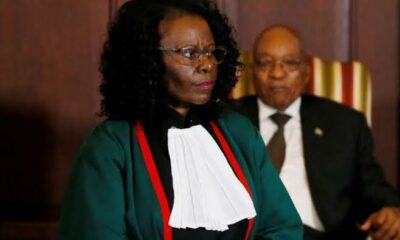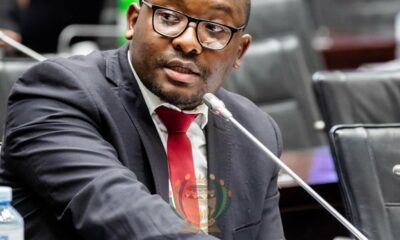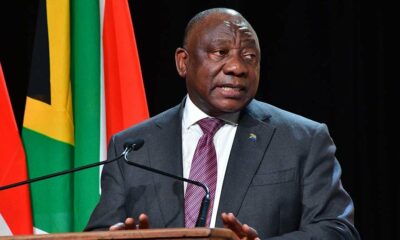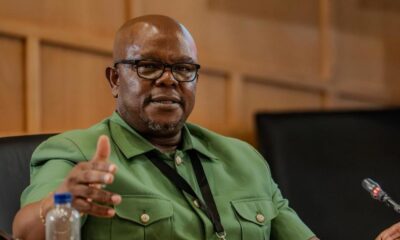News
Fikile Mbalula: “The DA Can Leave Others Are Waiting to Join the GNU”
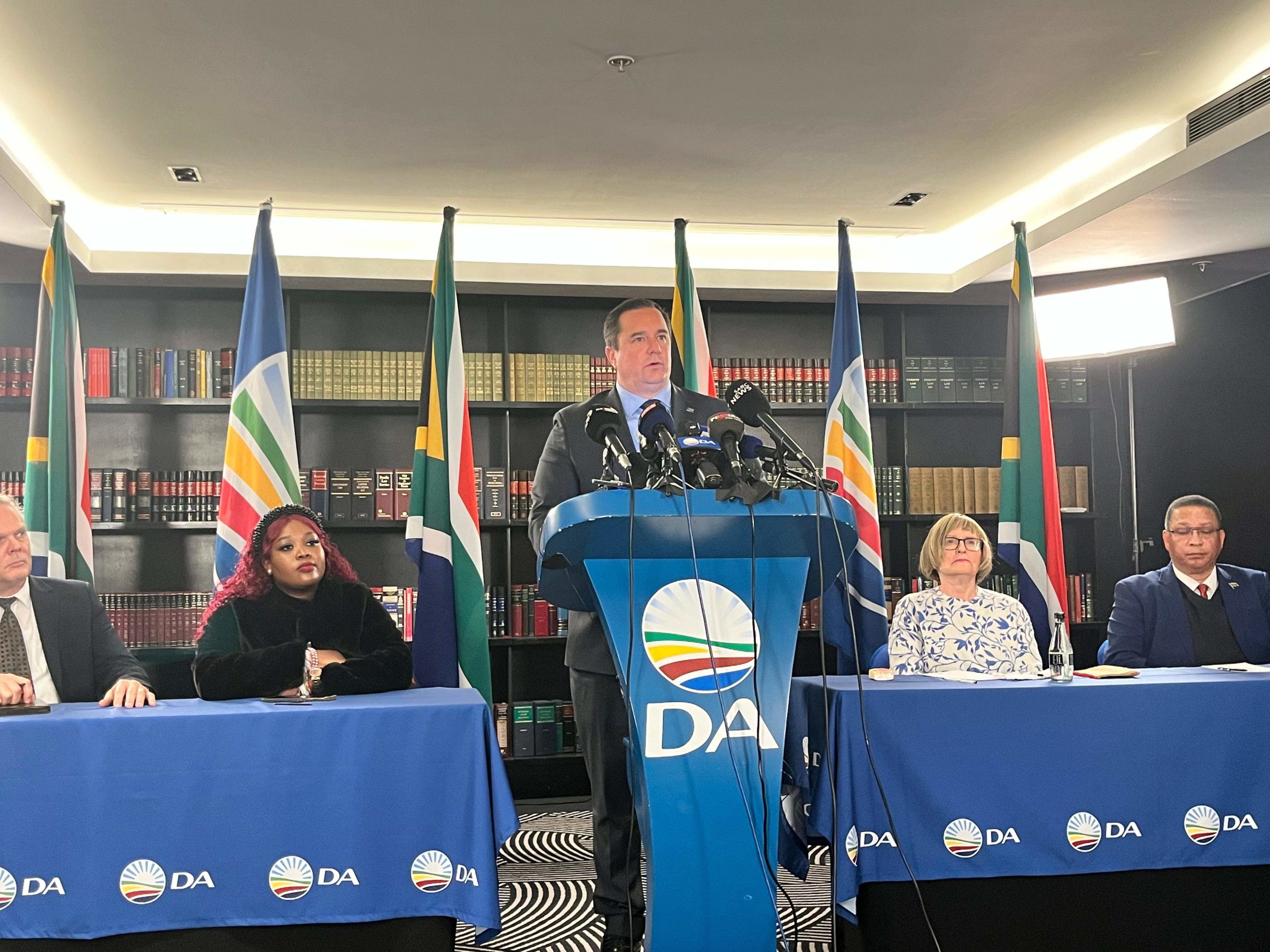
“The DA Can Go, the GNU Won’t Crumble,” says Mbalula as Coalition Tensions Boil Over
As South Africa’s fragile Government of National Unity (GNU) turns one, the cracks are starting to show — and Fikile Mbalula isn’t mincing his words.
Amid threats from the Democratic Alliance (DA) to walk away from the coalition, the ANC secretary-general made it clear: the GNU is bigger than any one party.
Speaking in the Eastern Cape at the OR Tambo Regional Conference, Mbalula’s tone was defiant, his message blunt. “The DA can pack their things and leave. On their way out, they’ll meet others coming in,” he told delegates. “Even if the DA walks away, the GNU will not collapse.”
A Coalition on the Edge
Tensions flared after President Cyril Ramaphosa dismissed DA senior member Andrew Whitfield as Deputy Minister of Trade, Industry and Competition. The reason? An unauthorised international trip. The fallout was immediate. The DA retaliated by pulling out of the National Dialogue — a critical platform meant to foster inter-party cooperation — and floated the idea of a no-confidence vote against Ramaphosa.
In response, Mbalula accused the DA of deliberately laying the groundwork for an exit strategy. But he remained confident that the coalition would endure, regardless of who stayed or left. “Other parties are already knocking on the door to join,” he said.
The Political Game Behind the Scenes
While Mbalula’s words may sound like political chest-thumping, there’s a deeper game at play. The GNU — a broad-based coalition born out of necessity after the 2024 elections delivered no outright majority — is still an experiment in South Africa’s evolving democracy.
It brought together ideological rivals, with the ANC and DA at its core. But that very structure is now under strain. Parties excluded from the GNU, like the EFF and the newly formed uMkhonto weSizwe (MK) Party, have wasted no time in throwing shade at the DA.
Both have criticised the DA’s presence in the unity government, accusing it of pushing minority interests over the needs of black South Africans. Now, with whispers that they could step in if the DA steps out, the political chessboard is shifting.
What This Means for South Africans
Many voters hoped that the GNU would bring about a new era of compromise and delivery. Instead, it’s increasingly defined by infighting, public fallouts, and ideological stalemates.
On social media, reactions to the DA’s threats and Mbalula’s remarks have been mixed. Some citizens have voiced support for a broader, more inclusive coalition. Others are frustrated by what they see as political brinkmanship at the expense of progress.
“Parliament is not a playground,” one user tweeted. “We want service delivery, not party drama.”
A Year Later: Where does the GNU stand?
One year in, the GNU is still standing — but its foundations look shakier than ever. With parties jostling for influence and others eyeing the exit, the promise of unity seems harder to uphold.
Mbalula may be right that the GNU won’t fall if the DA walks — but the real question is what kind of government remains, and whether it can actually govern.
Source: IOL
Follow Joburg ETC on Facebook, Twitter , TikTok and Instagram
For more News in Johannesburg, visit joburgetc.com



